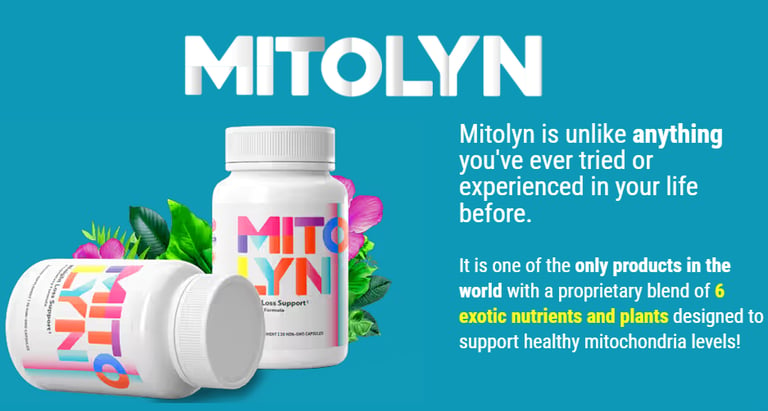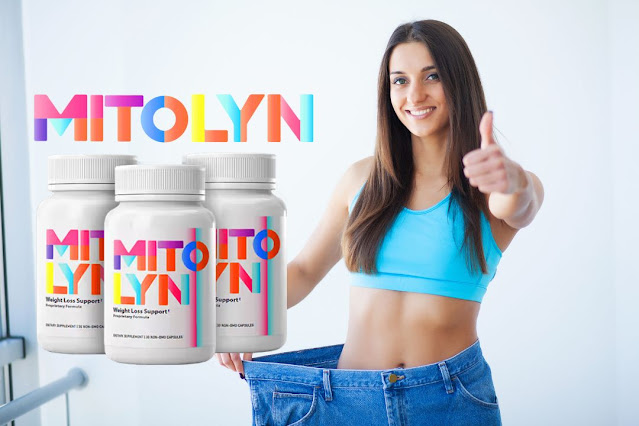Alcoholic vs Drug Addict - Part 4: The Respectable Drunk & the Disposable Addict
Alcohol is the socially acceptable killer. You can toast with it, cry with it, celebrate with it, numb your pain with it—and no one bats an eye. It’s sold on every corner, pushed in every commercial, and glamorized in every movie. But pop a pill? Load a syringe? We continue alcoholic vs drug addict.
ALCOHOL & DRUG ADDICTION EDUCATION


Let’s be honest. Society plays favorites.
You know what’s messed up? A man stumbling out of a bar, slurring his words, is called a “party animal.” But a guy nodding off in a hoodie on the subway? He’s a junkie. Filthy. Dangerous. Worthless.
Same disease. Different costume. One gets a laugh. The other gets locked up or left for dead.
The “Respectable” Addict
Alcoholics still go to work. Still show up at church. They host holidays, run companies, vote, coach their kids’ soccer teams. They function… until they don’t. But even then, people say, “He’s just going through a rough patch.”
They’re given time, patience, rehab options, and sympathy. People whisper behind closed doors but offer casseroles and second chances.
Now flip it.
The “Disposable” Addict
A drug addict? From the moment the world finds out—they’re done. Their job? Gone. Their family? Often gone. Their reputation? Destroyed. They’re seen as a threat, not a person. Even in death, their obituary gets side-eyed.
And don't even get me started on addicts who don’t look the part. Wealthy suburban heroin users, clean-cut Adderall abusers, meth-using nurses and stressed-out moms on Xanax. If you’re clean on the outside, you’re often invisible. But the moment your addiction spills into public view? Game over.
Let’s Talk Numbers
Alcohol-related deaths: Over 140,000 Americans die each year from alcohol abuse (CDC).
Opioid overdose deaths in 2023: Over 80,000.
Yet walk into a restaurant, and alcohol’s not only available—it’s encouraged. “Wine down Wednesday.” “Margarita Monday.” It’s sold as self-care.
Try walking into a Walgreens and getting clean needles or Narcan without judgment. Good luck.
This isn’t about arguing which addiction is worse. It’s about the uneven playing field, and the devastating consequences of pretending one is more “acceptable” than the other.
Addiction is Addiction
You don’t get to be a “better” addict because your drug comes in a wine glass instead of a syringe. You don’t get moral superiority because your dealer wears a white coat and a stethoscope.
Let’s be real. They both ruin families. Both steal peace of mind. Both rot the soul. The drug doesn’t matter. The pain is the same.
The Problem With Denial
There’s a twisted safety net for alcoholics that drug addicts don’t get. You can drown in vodka for a decade before anyone demands you get help. But if you're caught nodding out in a parking lot? The world comes down on you.
And sometimes, that slow-burning, high-functioning alcoholism does even more long-term damage—quietly destroying your liver, your relationships, and your sense of self while everyone looks the other way.
You can be dying on the inside with a wine glass in hand and still get applauded for “holding it together.”
It’s a deadly illusion.
Let’s Level the Playing Field
Enough of this hierarchy. Addiction doesn’t need a rating system.
Gambling can destroy a life just like heroin.
Porn addiction can wreck a marriage just like crack.
Food addiction can silently kill someone just like fentanyl.
Pain is pain. Loss is loss. Addiction is addiction.
You don’t get to rank it. You don’t get to excuse it because it fits better at your dinner party.
What Needs to Change
We need to stop labeling some addicts as salvageable and others as throwaways.
We need to stop enabling the quiet, high-functioning addictions while we vilify the loud, visible ones.
We need to talk about addiction like it’s a human condition, not a moral failure.
Because here’s the truth: No addict wants to be an addict. No child dreams of needing a drink to get out of bed. No teenager aspires to sell their body for a fix. This isn’t a choice. It’s a sickness. And it deserves compassion, truth, and accountability—equally.
Final Thoughts
If you’re someone who’s said, “At least I’m not a crackhead,” or “It’s just a little wine, I’m not like those addicts”—check yourself.
Because addiction doesn’t care what’s in your glass, what pill is in your pocket, or what image you’re trying to protect. It just wants to own you.
And it will—unless you stop pretending yours is any more respectable.
























